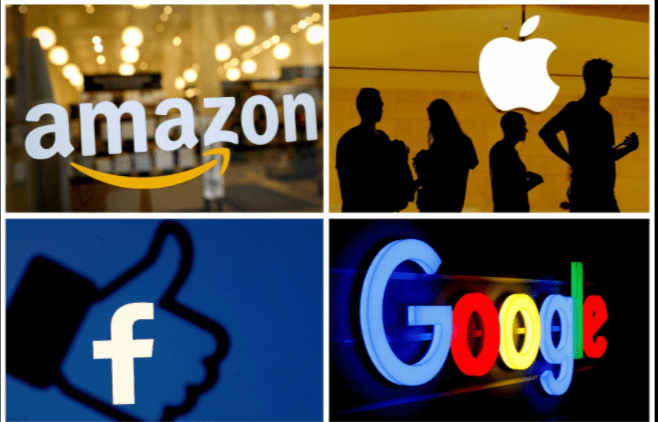The European Union’s landmark rules requiring US Big tech to share information with rivals could risk the companies’ intellectual property and trade secrets. Who thinks that? The US government, at the behest of Big Tech.
In a document seen by Reuters, the gatekeepers who control all the data and access to their platforms will be required to change their business practices and the design of their software, which could have some security and consumer protection implications.
The document was circulated in EU countries, the European Commission, and concerned companies, underlining that the rules will come at the expense of US companies.
Vestager’s DMA and DSA
One can’t help but feel like the big tech companies are using their influence on the American government and the US’s influence to keep their unfair advantages.
Margrethe Vestager, the EU antitrust chief, has proposed two sets of rules seeking to rein in the power of big tech companies like Alphabet’s Google, Apple, Facebook, and Amazon.
The Digital Markets Act (DMA) has clear dos and don’ts that are aimed at the core business models used by big tech. Fines can go up to 10% of the global turnover. The Digital Services Act (DSA) forces the big tech companies to do more to curb problematic content on their platforms with a fine of up to 6% of the global turnover.
A flimsy argument
The document circulated to try and derail Vestager and the EU says that the DMA would require the companies to provide competitors with information that may be protected by intellectual property and trade secret law.
The timing is odd, though. For something as serious as an IP- or trade secret risk, you’d think it would have been a big problem sooner.
The US government declined to comment on the document. When queried, a US government official said the issue for American companies is that these rules target just them. Someone else might say it’s not the EU’s fault that America has all the big tech- or even that they behave like criminals.
